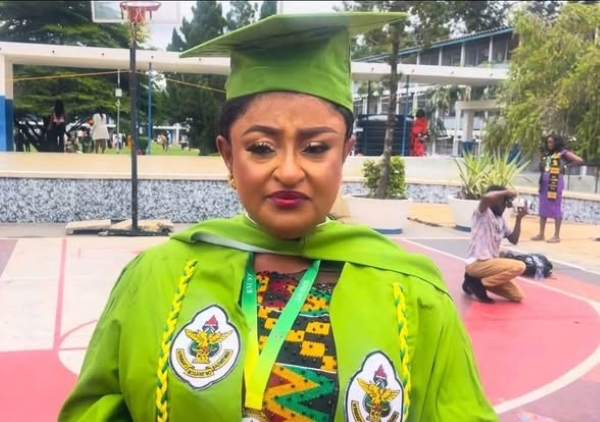Why TVET initiative should spark new vision among youths
The Executive Secretary, National Board for Technical Education (NBTE), Prof. Idris Bugaje, has urged Nigerians, especially the youth, to embrace skills acquisition as a cornerstone for national development.
He stated that the future of Nigeria lies not in academic certificates, but in the practical knowledge and technical competence of its people. Bugaje, speaking at a webinar organised by the Education Writers Association of Nigeria (EWAN), emphasised that for Nigeria to shift from dependence to development, and from poverty to productivity, it must invest in the right kind of education that equips citizens with relevant, employable, and globally competitive skills.
He pointed out that the current education system needs a complete overhaul, adding that for too long, the country has prioritised certificates over competence, and degrees over demonstrable ability.
“As a result, Nigeria has produced thousands of engineers who cannot fix machines, and graduates who remain unemployed, not due to a lack of intelligence, but because they were prepared for white-collar jobs that no longer exist.” He said the nation has inverted priorities, with more engineers than technicians and more planners than implementers.
“This imbalance must change, and a new vision anchored on Technical and Vocational Education and Training (TVET) is urgently needed,” he said.
According to him, the TVET initiative being championed by the NBTE and supported by the Federal Government is more than an education reform.
“At the core of this initiative are two major programmes: Master Six and Master 12. These programmes are open to all Nigerians, including school dropouts, artisans, and the millions of unemployed youth in both urban and rural areas.” He explained that the Master Six offers six months of training, while Master 12 is a one-year intensive course.
“Applicants do not need connections or academic degrees to participate as any Nigerian with a National Identification Number (NIN) can apply.
“Participants will receive monthly stipends of N22,500, have their attendance tracked biometrically, besides providing them with tools from the first day. The aim is to eliminate barriers and make skill acquisition accessible to anyone willing to learn and committed to succeeding.”
Bugaje stressed that skills should not be seen as inferior to academic degrees.
“In the modern world, skills often hold more value. Countries like China, India, Vietnam, and Bangladesh have grown by investing in their people’s skills, training them in construction, welding, electrical maintenance, IT hardware, plumbing, garment production, and more. These nations now export skilled labour, while Nigeria continues to import technicians. This model is not sustainable,” he added.











